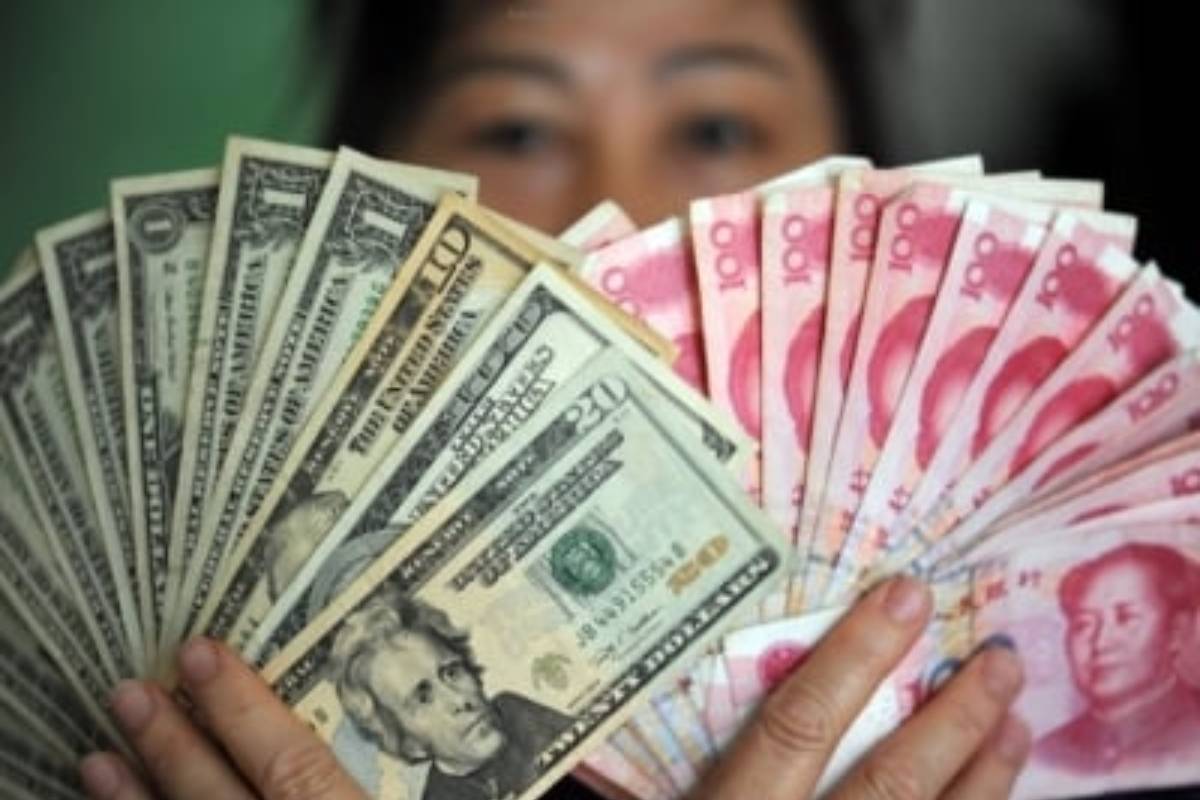India remains growth engine for global economy: PM Modi
The prime minister was speaking at the post-budget webinars on MSME, Manufacturing, Exports and Nuclear Energy Missions, Regulatory, Investment and Ease of Doing Business reforms.
In a global economy more interconnected than ever before, China’s economic health is a matter of global concern.

representative image (Photo:SNS)
In a global economy more interconnected than ever before, China’s economic health is a matter of global concern. Just over a month ago, US President Joe Biden referred to China’s economy as a “ticking time bomb.” While the President’s choice of words may have been provocative, it did underscore the growing unease over China’s economic trajectory. The picture looks no less complex a few weeks later. China’s central bank, the People’s Bank of China (PBOC), recently delivered an unexpected curveball by lowering key rates for the second time in three months. This move signals a proactive approach by Chinese authorities in addressing their sputtering economic recovery.
It is a response to a cocktail of concerns, from tumbling credit growth and rising deflation risks in July to ongoing issues such as default risks among housing developers and missed payments by a private wealth manager. The central bank’s decision underscores the urgency with which policymakers need to act before consumer and business confidence deteriorates further. China’s economy is a complex puzzle. It is experiencing a property downturn, demographic shifts and high debt levels, all while navigating the murky waters of geopolitical tensions. These are not trivial challenges for the world’s second-largest economy and the PBOC’s rate cut reflects a willingness to tackle them head-on. Yet, the decision also raises concerns. It could widen the yield gap with other major economies, particularly the United States. This could exert more pressure on the yuan and potentially trigger capital outflows. China’s currency has already depreciated significantly against the dollar this year, making it one of the worst-performing in Asia.
Advertisement
One of the critical takeaways here is China’s unique monetary stance compared to other global central banks. While many have been tightening their policies due to inflation concerns, China is loosen- ing monetary policy to shore up its stalling recovery. This divergence is worth noting as it could impact exchange rates and capital flows. China’s economic challenges are emblematic of the broader issues the world faces. The global economy is in a state of flux, with uncertainties over inflation concerns and geopolitical conflicts. In this context, China’s eco- nomic decisions resonate far beyond its borders. China’s leaders face the delicate task of stimulating growth without exacerbating existing problems, like high levels of debt.
Advertisement
The PBOC’s rate cut demonstrates their commitment to finding this balance, but the path ahead remains treacherous. In the ever-evolving narrative of China’s economy, President Biden’s comment may have sounded alarmist, but it did draw attention to the gravity of the situation. The latest moves by the PBOC are an attempt to defuse that ticking time bomb by steadying the ship, but the stormy waters of the global economy still loom large. It is a reminder that in our interconnected world, China’s economic challenges are everyone’s concern.
Advertisement